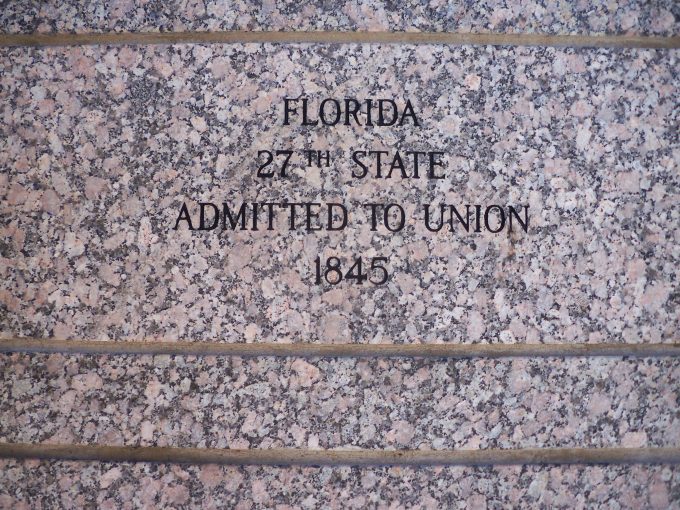
Sunday, 17 April 2016
And because you are sons, God has sent forth the Spirit of His Son into your hearts, crying out, “Abba, Father!” Galatians 4:6
As noted in 4:5, the logical order is redemption and then adoption. For those who have been redeemed, God includes them in His family. What would be the purpose of redeeming a person and then leaving them under the very law they were redeemed from? Instead, we are adopted as sons into a new economy. This is Paul’s logical argument to the Galatians. And because we are adopted something wonderful is the result.
He says, “…because you are sons, God has sent forth the Spirit of His Son into your hearts.” The word “because” indicates a result; one thing logically follows after another. As sons, the logical result is that we receive the Spirit of Christ into our hearts. Christ is the Son of God. He was able to lovingly call out to His Father as a Son. Now, because we are adopted as sons, we too are enabled to call out in this same filial manner.
Does this mean that we will be free from life’s trials? Does this mean that we will be kept from harm, sadness, or pain? The answer to these questions is “No.” What it does mean is that we can come to God in good times or bad with the same courage and hope as Christ did. No matter what we face, we know that the will of our heavenly Father is what is right and appropriate. The only time Jesus is recorded as having called out, “Abba, Father” was during the darkest moment of His life –
“And He said, ‘Abba, Father, all things are possible for You. Take this cup away from Me; nevertheless, not what I will, but what You will.‘” Mark 14:36
Like Christ, who shortly after His words to God was beaten and nailed to the cross, we too can have the same courage, resolve, and determination that no matter what occurs, our heavenly Father is with us in it. We too can cry out “Abba, Father!” In both times of joy and in times of great agony, we have a right, and the honor, to pour out our hearts to Him.
The word “crying” is krázō. It is “an onomatopoetic term for a raven’s piercing cry (“caw”); (figuratively) cry out loudly with an urgent scream or shriek, using ‘inarticulate shouts that express deep emotion.'” (HELPS Word Studies).
When we have emotion so deeply confined in our souls that no words can properly express them, it is the Spirit of Christ which calls out for us to His father on our behalf. He suffered the same (and worse) than we suffer. He has been exalted to levels higher than we can know. In all ways, He is able to empathize with our situation and to call out on our behalf for us. This is the idea of what Paul is saying. Tying this together with Romans 8, we can see the full meaning of what is occurring –
“For as many as are led by the Spirit of God, these are sons of God. 15 For you did not receive the spirit of bondage again to fear, but you received the Spirit of adoption by whom we cry out, ‘Abba, Father.'” Romans 8:14, 15
It is we who cry actually, but it is the Spirit of Christ who carries our cry to our heavenly Father. He is the One who makes this wondrous display of son-ship to the God of the universe possible.
Life application: God no less hears our cries to Him than He heard the cries of Christ Jesus there in the Garden of Gethsemane. We are His sons through adoption and no petition of ours is unheard. Be comforted in this as you walk through this world of both joys and trials.
Heavenly Father, Your word tells us that though Christ, we are adopted sons into Your family. We can, even in our darkest moments call out to You for help in our time of need. Jesus cried out to You “Abba, Father” in the Garden of Gethsemane and You heard. How comforting it is to know that we have the same divine ear listening to our own cries of both joy and anguish. Thank You for the surety we posses that our every prayer is heard by You. Amen.




